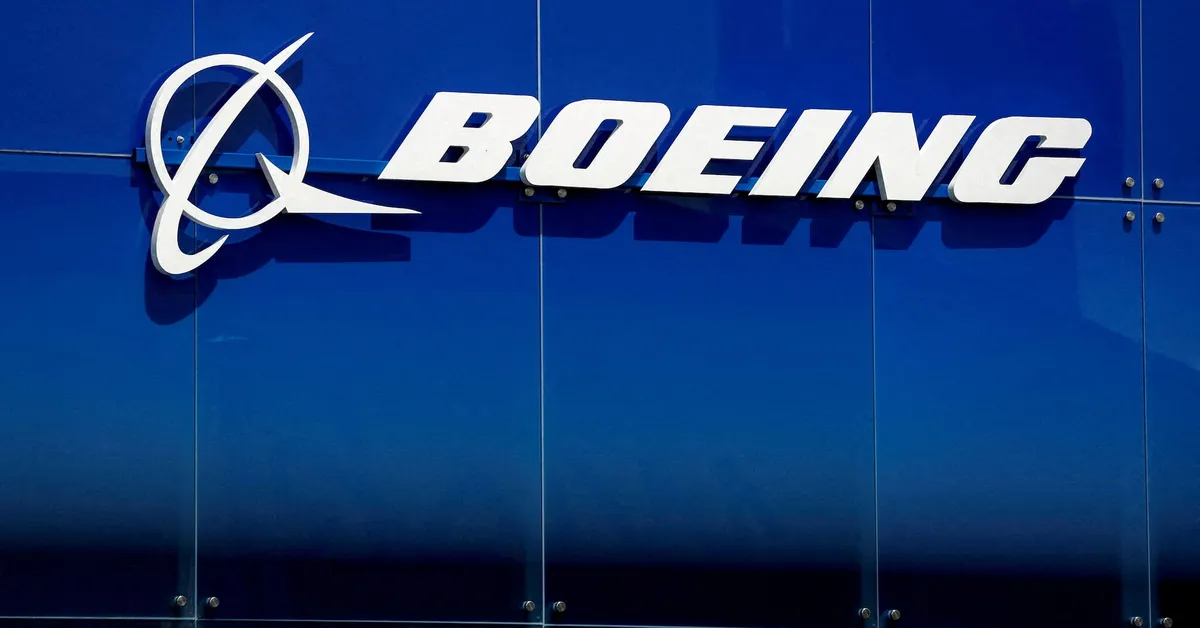
The Next Generation Air Dominance (NGAD) program is set to revolutionize the U.S. Air Force by replacing the iconic Lockheed Martin's F-22 Raptor with a state-of-the-art crewed aircraft. This new jet is designed to operate alongside advanced drones, enhancing combat capabilities and adaptability in modern warfare. While the specific design details remain confidential, it is anticipated that the aircraft will feature stealth technology, advanced sensors, and cutting-edge engines to ensure superiority in the skies.
In a notable announcement from the White House, former President Donald Trump revealed that the new jet will be named the F-47. This decision marks a significant milestone for Boeing, shifting the company’s fortunes as it has faced challenges on both commercial and defense fronts. The selection of Boeing for this prestigious project is a vital boost for its fighter jet production facility located in St. Louis, Missouri.
The engineering and manufacturing development contract awarded to Boeing is valued at over $20 billion. This substantial contract is just the beginning, as the winning company is expected to secure hundreds of billions of dollars in orders throughout the contract’s multi-decade lifespan. Such financial backing underscores the importance of the NGAD initiative in strengthening the U.S. military's aerial capabilities.
The NGAD program is designed as a comprehensive family of systems that focuses on a sixth-generation fighter jet intended to counter adversaries, particularly China and Russia. This strategic approach is vital in maintaining air superiority in an increasingly competitive geopolitical landscape. Boeing's selection is particularly crucial given its ongoing struggles within its commercial operations, particularly with the production recovery of the best-selling 737 MAX jet.
Despite this significant win, Boeing's defense sector has been hampered by several underperforming contracts. Issues such as cost overruns in the KC-46 mid-air refueling tanker program, which have exceeded $7 billion, and substantial losses from a fixed-price contract to upgrade two Air Force One planes, totaling a $2 billion loss, highlight the challenges the company faces.
Lockheed Martin, which was recently eliminated from the competition to build the Navy's next-generation carrier-based stealth fighter, now confronts an uncertain future in the high-end fighter market. The loss of this contract raises questions about the company's position in an evolving defense landscape. Notably, billionaire and presidential advisor Elon Musk has expressed skepticism regarding the effectiveness of crewed high-end fighters, advocating instead for the development of cheaper drone alternatives.
While Lockheed Martin has the option to contest Boeing's award, the public nature of Trump's announcement during a high-profile Oval Office press conference may diminish the likelihood of a public dispute over the agreement. The implications of this decision will reverberate throughout the defense industry, shaping the future of military aviation.
As the Next Generation Air Dominance program unfolds, it signifies a pivotal shift in military aviation, emphasizing the need for advanced capabilities to address contemporary threats. With Boeing at the helm of this ambitious project, the future of aerial combat is poised for transformation, promising enhanced safety and effectiveness in defending national interests.
Reporting by Mike Stone in Washington; Editing by Chris Sanders and Rod Nickel. Our Standards: The Thomson Reuters Trust Principles.